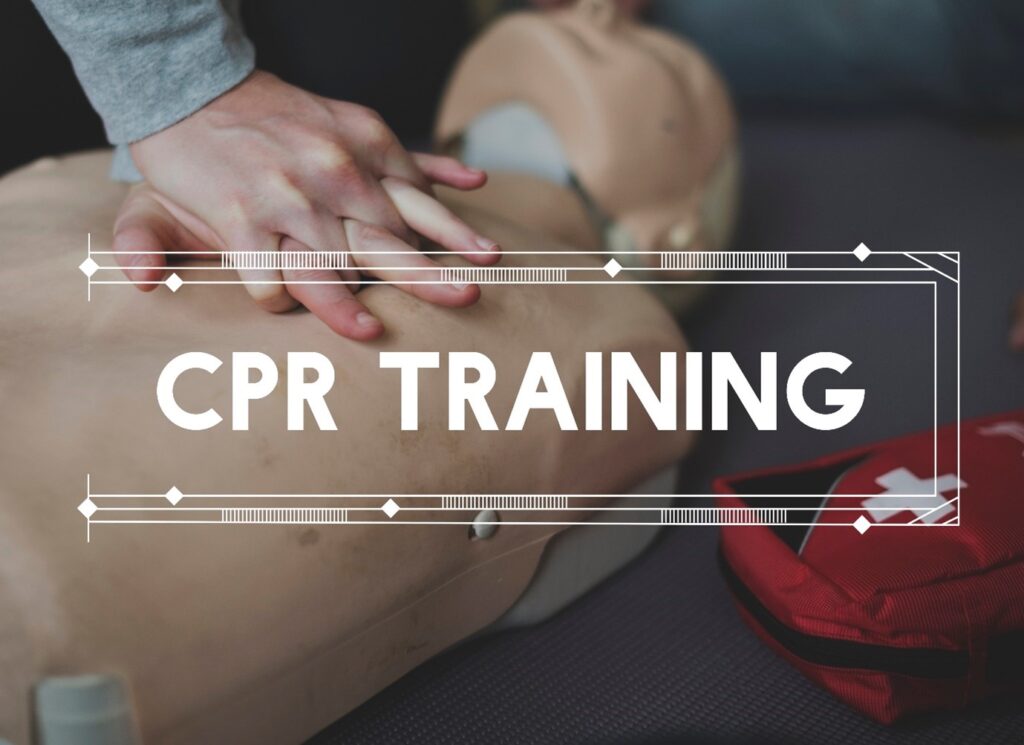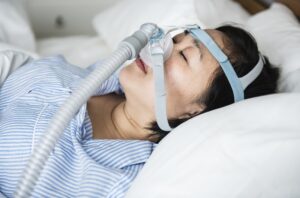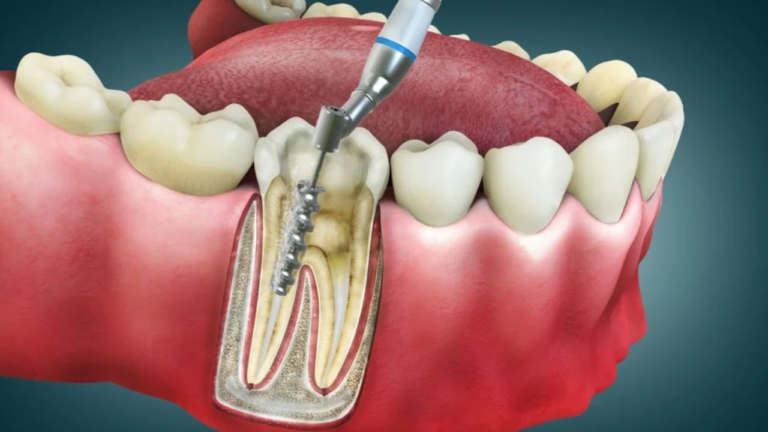Deep inside, we all long to be a hero, don’t we? But how many of us are equipped to lend a helping hand when it’s most needed? Imagine finding a loved one or even a stranger unconscious and you’re the first on the scene. Would you despair or rise to the occasion? In a world where we place so much emphasis on technical and digital skills, we often overlook the importance of life-saving basics such as CPR (Cardiopulmonary Resuscitation). Perhaps it’s time to reconsider our perspectives. This blog aims to verge on the key reasons why a CPR course should be your next skill upgrade, the fundamental nuances surrounding it, as well as its pros and cons.
Knowing CPR not only adds a spectacular feather in your cap but also prepares you for the unforeseen. The odds of you needing to use this skill personally may be low but the value and significance of being prepared for such an event is immeasurable. It’s like having a fire extinguisher; you hope you never have to use it, but having it at the ready can potentially extinguish a catastrophic fire.
So, let’s dive into the realm where we can make a vital difference, where we can foster a safer world, not merely by endeavour, but by knowledge and preparedness.
Why CPR Course?
Why not? If you’re able to save a life at your workplace, home, or anywhere else with a procedure as simple as CPR, wouldn’t that be the ultimate reward in itself? Besides, according to the American Heart Association, CPR, when administered immediately, can double or even triple a cardiac arrest victim’s chance of survival.
What is CPR Course?
CPR is a life-saving medical procedure that is performed when someone’s heartbeat or breathing has stopped. It involves chest compressions and mouth-to-mouth resuscitation and is generally administered until medical help arrives.
The Crucial Importance of CPR Training
CPR training is vital because it drastically improves the chance of survival for victims of sudden cardiac arrest. Furthermore, it educates individuals on how to respond adequately to a variety of emergency situations that might need CPR.
Where to Begin Your CPR Journey?
Given the ease with which information and resources can be accessed today, taking up a CPR certification course is a walk in the park. Look for certified bodies such as the Red Cross or American Heart Association that offer CPR training programs and choose the one that suits you best.

The Upsides and Downsides of Knowing CPR Course
Upsides include your preparedness in emergency situations, personal satisfaction, and increased job opportunities in some sectors. The downsides, though not actually ‘downsides,’ could be the responsibility that comes with the power of knowing CPR and the emotional toll it might take after performing it and dealing with the aftermath.
Who requires a CPR skillset?
The short answer is – everyone! Whether you’re a professional lifeguard, a school teacher, a parent, or someone without any medical background, this is a skillset that knows no bounds.
In Conclusion
Emergencies are unpredictable, and being ready for them with lifesaving skills like CPR isn’t just a personal boon, but a societal obligation. Each one of us can add a notch of safety, a layer of reassurance, and a ray of hope to immediate and wider circles of our lives by mastering this skillset. After all, as we inch towards being an advanced civilization, shouldn’t we be rooted in strengthening the fundamentals of care and safety?
In essence, adding a CPR course to your repertoire isn’t a question of ‘why’ but ‘why not?’ So, let’s embark on this lifesaving quest, because, in truth, there’s no greater skill than the ability to preserve a life.










